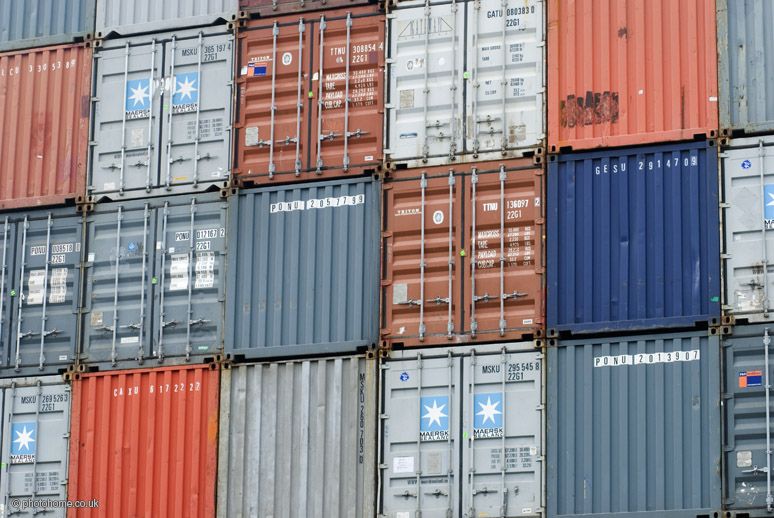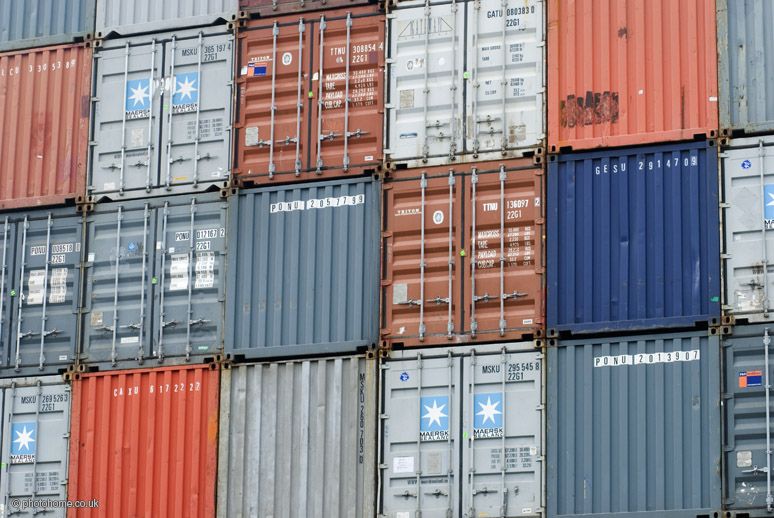Fuel Levy to Reduce Shipping Emissions?
WWF and Oxfam are pushing for a $25 per tonne tax on fuel used by the shipping industry.


WWF and Oxfam are pushing for a $25 per tonne tax on fuel used by the shipping industry. The tax is claimed to be the best way of raising funds for poorer nations to combat climate change, with about $25 billion a year expected to be raised from such a tax.
The report published today, states that the tax would help to reduce the 3.3% of worldwide carbon emissions produced by shipping, which currently could rise by up to 250% by 2050. The sector has repeatedly been singled out by environmental groups to do more to tackle their emissions, but so far very little progress has been made. However, in July, technical efficiency standards were agreed with the International Maritime Organisation to reduce emissions by 25-30%.
The tax could bring in upwards of $25 billion a year with much of it being put into the Green Climate Fund (GCF) which was announced at Cancun and still has no source of funding. With the precarious situation governments are in financially, it is clear that for the fund to be sustainable most of the funding needs to come from private sources.
Jason Anderson at the WWF is keen for the process to begin as quickly as possible, with Durban’s COP being the springboard, “The climate conference in Durban this year provides the ideal opportunity for a global agreement on shipping. A mechanism to address shipping emissions and at the same time provide financing for developing countries should be one of the pillars of a strong package of outcomes in Durban that can put the world on a path to avoiding disruptive climate change."
Others feel that the shipping industry could end up being overtaxed, especially if programmes such as the EU Emissions Trading Scheme come into force it could end up being a double tax, hitting the shipping industry heavily.
Aviation could also see a similar scheme adopted, but the industry is fiercely against the ETS coming into force next year, so introducing this as well would be difficult.





